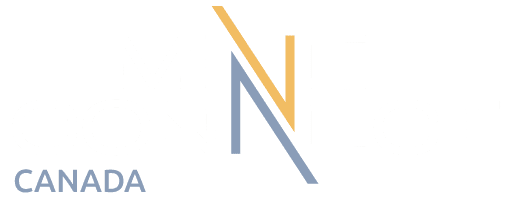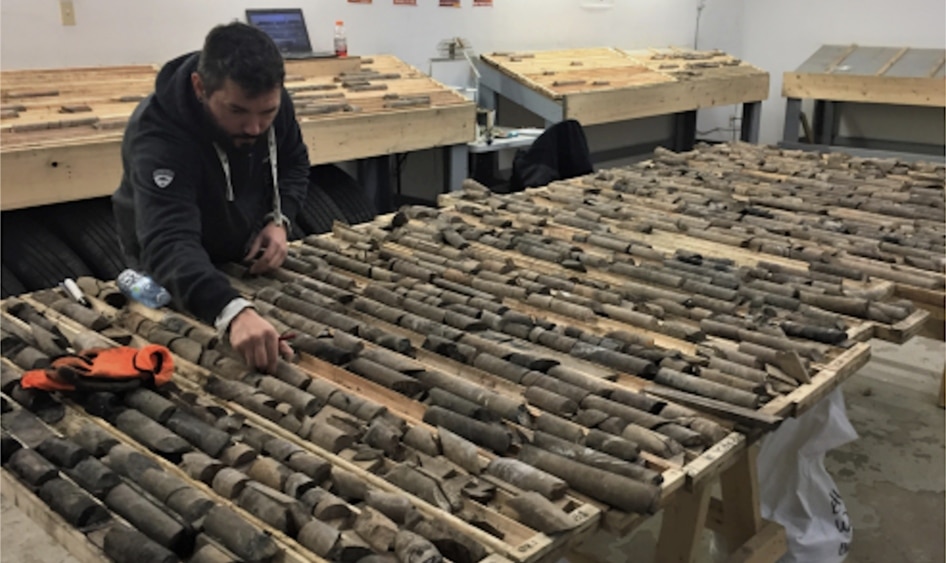The Algoma district, north and east of Sault Ste. Marie, is an often overlooked area when it comes to mineral exploration. But that doesn’t mean its geology and potential isn’t any less prospective than other areas of Northern Ontario.
The district is checkered with mostly copper properties from past producing mines that operated from the turn of the last century straight into the 1960s and 1970s, their operators’ fortunes raising or falling with the commodity prices of the green metal. Other former mines produced small amounts of gold, silver, nickel, zinc and lead.
Like the global economy, copper prices had a volatile year in 2022, currently trading in the range of US$3.8 per pound. But the outlook for the ‘metal of electrification’ is positive.The metal is a key catalyst in the green energy transition, used in rechargeable batteries and electric vehicles, charging stations, wiring, and wind and solar technology applications.
The volume of exploration activity today across Algoma is nowhere near the scale and pace of more established mining camps like Kirkland Lake, Sudbury, Timmins, Red Lake, Thunder Bay and along the north shore of Lake Superior. Much of the field work by junior mining companies is very much at the grassroots stage of exploration.
The area just north of Batchawana Bay, on the southeast shore of Lake Superior, is of intense interest by two exploration companies on the hunt for copper and gold.
Copper Road Resources is the latest junior miner to take a crack at the untapped potential around the former Tribag copper mine, 85 kilometres north of the Sault.
The Toronto exploration outfit is working ground in and around the historic mine, situated 20 kilometres off of Highway 17.
The company, formerly known as Stone Gold Inc., assembled a land package of 21,000 hectares, divided into two projects with copper and gold potential, dubbed the Copper Road Project and the Glenrock Project.
There’s not been much news flow from the company since mid-October when it released the results from a 3,000-metre drill program carried out over the spring and summer. Copper Road reported hitting copper and gold close to surface and deeper down. This is the company’s only exploration asset.
In a statement from October, company president John Timmons held out hope that an old mining operation could be resurrected into a new one.
“We believe our first drill program into our flagship property is just the start of reviving this historical mining district and clearly demonstrates that there is more copper to be mined. We believe that with systematic exploration across our 21,000-hectare project, the Copper Road project will continue to prove itself as a future source of domestic copper to contribute to the clean energy transition.”
In its heyday, the Tribag Mine produced more than 1.2 million tonnes of copper between 1966 and 1974. The property also hosts the former Copper Corp, near Hibbard Bay on Lake Superior, which produced 1 million tonnes of copper between 1965 and 1972.
The Copper Road Project is considered an extension of the Mid-Continent Rift system, the geological structure that formed Lake Superior and sparked the copper mine boom on Michigan’s Keweenaw Peninsula in the mid-1800s.
Close by, Golden Goliath Resources, a Vancouver gold company, has high expectations for its Wish Ore property.
Since last January, the company has been delivering a steady stream of updates on its work in Wishhart Township, about a 60-kilometre drive north of Sault Ste, Marie. The site is 12 kilometres up a logging road off of Highway 17.
Golden Goliath acquired Wish Ore in May 2021 and soon after began surveying and mapping the property with its history of gold showings over the decades.
The company has referred to Wish Ore as an “intriguing property” that’s been underexplored. They recently ran a small drilling program of four holes to get a better handle of the geological structure around those gold showings.
In mid-December, the drill core samples were ushered off to the assay lab for analysis for gold.
“I was pleased with the core I saw and am hopeful of the results,” CEO Peter Sorbara said in a statement.
The company is applying for a provincial permit to carry out a geophysics program this winter to identify the source of some mineralized boulders on the property near Crack Mouse Lake.
The junior miner endured a setback in early December when its core shack caught fire. The flames spread from a neighbouring property, the company said in a recent news release. No one was hurt.
While the building didn’t survive, the drill core stayed mostly intact although one length of core was “reassembled” from detailed logging records, photographs taken and various markings made on the core.
The TSX-Venture Exchange-listed junior miner also holds a gold property in Mexico and another one in the Red Lake district of northwestern Ontario.
There are other exploration efforts around Algoma that remain very much in the early stages.
Another Vancouver player, Power One Resources, holds a uranium and rare earth property, called Pecors, in the Serpent River area about 15 kilometre from Elliot Lake. The company was established as a spinoff of Marvel Discovery Corp. last August.
The area saw limited drilling by Rio Algom in 1974 but there is a historic deposit in place at Pecors, calculated at 20 million tonnes, grading at 0.037 per cent uranium. It’s just to the east of where Pele Mountain Resources once boasted of a 34.6 million-tonne resource at its Eco Ridge uranium and rare earth element project in 2011.
About 100 kilometres east of the Sault, Big Red Mining Corp released drilling results from its Dobie Lake Copper Property, 45 kilometres north of Iron Bridge.
The most heralded result on one hole showed high-grade copper of 1.6 per cent over a 6.8-metre length. The property, located in Albanel Township, is the site of the former Jentina Mine.
Big Red’s last update was in June when the company announced it was tacking on 520 hectares of adjoining ground to its existing 6,500-hectare property through an option agreement with Rich Copper Exploration Corp. The new addition contains the former Prince Mine and Gerrelts Adit,
The bulk of Algoma’s mining activity and exploration is in the Dubreuilville-Wawa area where Wesdome Gold Mines has been running its Eagle River complex since 1995.
Alamos Gold is expanding its high-grade Island Gold Mine for the third time and Argonaut Gold is building the Magino open-pit mine. There’s also a raft of junior mining players nearby searching for gold and nickel.




